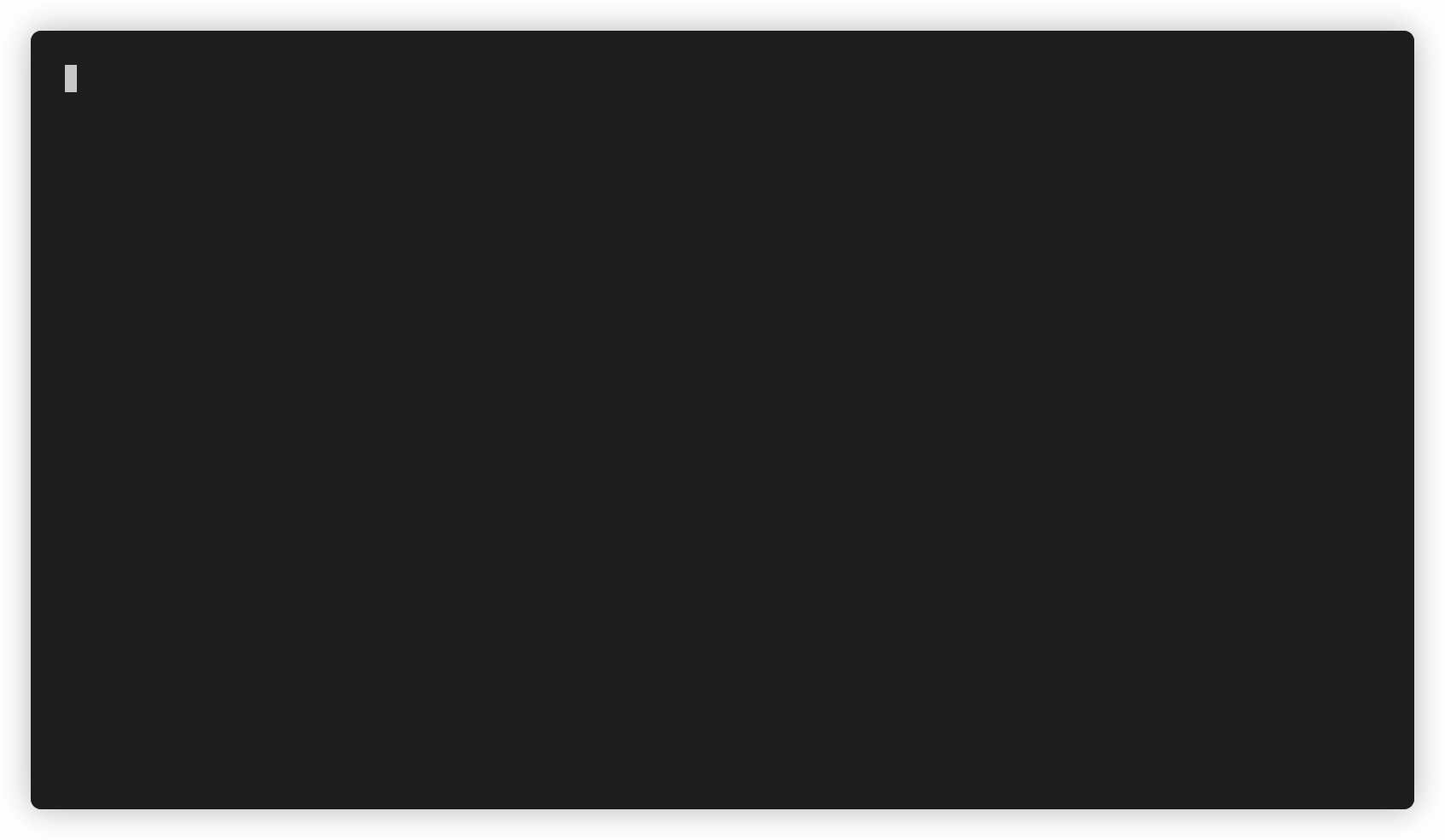woke
I stay woke - Erykah Badu







woke is a text file analysis tool that detects non-inclusive language in your source code.

Table of Contents
About
Creating an inclusive work environment is imperitive to a healthy, supportive, and
productive culture, and an environment where everyone feels welcome and included.
woke's purpose is to point out places where improvements can be made by removing
non-inclusive language and replacing it with more inclusive alternatives.
Companies like GitHub, Twitter, and Apple are already pushing these changes.
Installation
macOS
You can install a binary release on macOS using brew
brew install get-woke/tap/woke
brew upgrade get-woke/tap/woke
Simple installation
curl -sSfL https://git.io/getwoke | \
bash -s -- -b /usr/local/bin
Feel free to change the path from /usr/local/bin, just make sure woke
is available on your $PATH (check with woke --version).
Build from source
Install the go toolchain: https://golang.org/doc/install
go get -u github.com/get-woke/woke
woke will be installed to $GOPATH/bin/woke.
Releases
Download the latest binary from Releases
Docker
You can run woke within docker. You will need to mount a volume that contains your source code and/or rules.
## Run with all defaults, within the mounted /src directory
docker run -v $(pwd):/src -w /src getwoke/woke
## Provide rules config
docker run -v $(pwd):/src -w /src getwoke/woke \
woke -c my-rules.yaml
Usage
$ woke --help
woke is a linter that will check your source code for usage of non-inclusive
language and provide suggestions for alternatives. Rules can be customized
to suit your needs.
Provide a list file globs for files you'd like to check.
Usage:
woke [globs ...] [flags]
Flags:
-c, --config string YAML file with list of rules
--debug Enable debug logging
--exit-1-on-failure Exit with exit code 1 on failures
-h, --help help for woke
--no-ignore Files matching entries in .gitignore/.wokeignore are parsed
-o, --output string Output type [text,simple,github-actions] (default "text")
--stdin Read from stdin
-v, --version version for woke
File globs
By default, woke will run against all text files in your current directory.
To change this, supply a space-separated list of globs as the first argument.
This can be something like **/*.go, or a space-separated list of filenames.
$ woke test.txt
test.txt:2:2-11: `Blacklist` may be insensitive, use `denylist`, `blocklist` instead (warn)
* Blacklist
^
test.txt:3:2-12: `White-list` may be insensitive, use `allowlist` instead (warn)
* White-list
^
test.txt:4:2-11: `whitelist` may be insensitive, use `allowlist` instead (warn)
* whitelist
^
test.txt:5:2-11: `blacklist` may be insensitive, use `denylist`, `blocklist` instead (warn)
* blacklist
^
stdin
You can also provide text to woke via stdin
$ echo "This has whitelist from stdin" | woke --stdin
/dev/stdin:1:9-18: `whitelist` may be insensitive, use `allowlist` instead (warn)
This has whitelist from stdin
^
Rules
A set of default rules is provided in pkg/rule/default.go.
Configure your custom rules config in .woke.yaml or .woke.yml, woke will pick up one of these files in the cwd of where you run woke from.
This file will be picked up automatically up your customizations automatically!
See example.yaml for an example of adding custom rules.
You can also supply your own rules with -c path/to/rules.yaml if you want to handle different rulesets.
The syntax for rules is very basic. You just need a name, a list of terms to match that violate the rule,
and a list of alternative suggestions.
rules:
- name: whitelist
terms:
- whitelist
- white-list
alternatives:
- allowlist
Ignoring
Files
In your config file, you can ignore files by adding:
ignore_files:
- .git/*
- other/files/in/repo
- globs/too/*
woke will also automatically ignore anything listed in .gitignore.
woke uses go-gitignore to ignores.
This follows the common .gitignore convention. See link for more details on matching.
.wokeignore
You may also specify a .wokeignore file at the root of the directory to add additional ignore files.
This also follows the .gitignore convention.
In-line ignoring
There may be times where you don't want to ignore an entire file.
You may ignore a specific line for one or more rules by creating an in-line comment.
This functionality is very rudimentary, it does a simple search for the phrase. Since
woke is just a text file analyzer, it has no concept of the comment syntax for every file
type it might encounter.
Simply add the following to the line you wish to ignore, using comment syntax that is supported for your file type.
(woke is not responsible for broken code due to in-line ignoring. Make sure you comment correctly!)
# wokeignore:rule=RULE_NAME
# for example, to ignore the following line for the whitelist rule
whitelist # wokeignore:rule=whitelist
# or for multiple rules
whitelist and blacklist # wokeignore:rule=whitelist,blacklist
Here's an example in go:
func main() {
fmt.Println("here is the whitelist") // wokeignore:rule=whitelist
}
Exit Code
By default, woke will exit with a successful exit code when there are any rule failures.
The idea is, if you run woke on PRs, you may not want to block a merge, but you do
want to inform the author that they can make better word choices.
If you're using woke on PRs, you can choose to enforce these rules with a non-zero
exit code, but running woke --exit-1-on-failure.
Parallelism
By default, woke will parse files in parallel and will consume as many resources as it can, unbounded.
This means woke will be fast, but might run out of memory, depending on how large the files/lines are.
We can limit these allocations by bounding the number of files read in parallel. To accomplish this,
set the environment variable WORKER_POOL_COUNT to an integer value of te fixed number of goroutines
you would like to spawn for reading files.
Read more about go's concurrency patterns here.
Resources
License
This application is licensed under the MIT License, you may obtain a copy of it
here.
Contributing
Please read CONTRIBUTING.md for details on our code of conduct, and the process for submitting pull requests to us.
Versioning
We use SemVer for versioning. For the versions available, see the tags on this repository.
Authors
Acknowledgments
The following projects provided inspiration for parts of woke
 Documentation
¶
Documentation
¶



